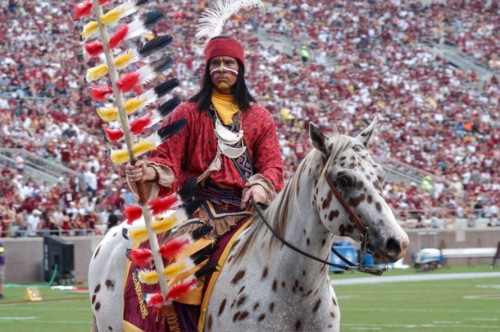Cross-posted at BlogHer, VitaminW, and The Huffington Post.
At about 1:00 Monday, a quorum of the Occidental Faculty overwhelmingly voted No Confidence in the campus attorney, Carl Botterud, and the Dean of Students, Barbara Avery. I was among the faculty in attendance.
The votes are in response to a belief that these high-level Occidental employees have mishandled sexual assault education, reporting, and adjudication in ways that have harmed individual students and campus culture.
While the motions are symbolic, such measures are quite rare. It is a very powerful statement coming from a faculty united in defense of survivors of sexual assault and their allies. We now wait to see how the College President, Jonathan Veitch, moves forward. The two are currently still active employees at Occidental (that is, not on administrative leave) and Avery continues to chaperone students through the reporting and adjudication process. We are told there is or will be an internal investigation into their conduct.
The vote of no confidence comes on the heels of two federal complaints filed by a coalition of students and faculty and a set of lawsuits filed by Gloria Allred. It is the next step in our personal fight for a better campus, but part of a nationwide movement involving dozens of campuses across the country.
Lisa Wade, PhD is an Associate Professor at Tulane University. She is the author of American Hookup, a book about college sexual culture; a textbook about gender; and a forthcoming introductory text: Terrible Magnificent Sociology. You can follow her on Twitter and Instagram.








